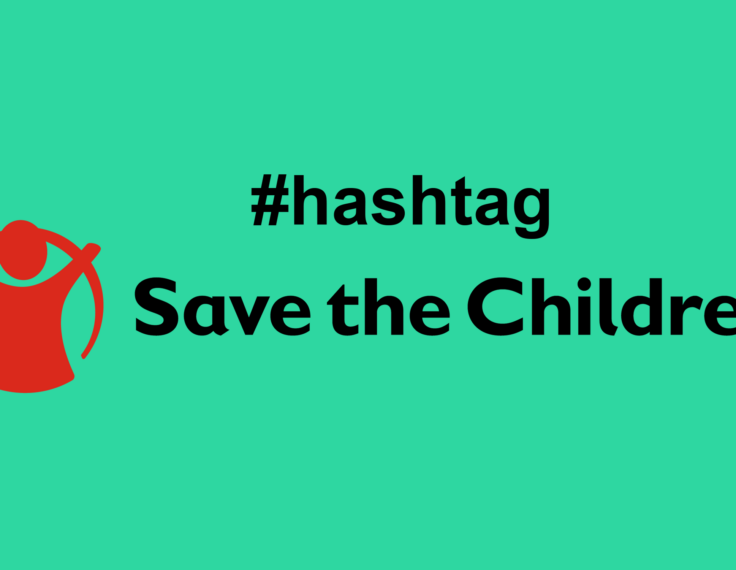Explore All Articles
All Articles
Article Topic

Declining information quality under new platform governance
Burak Özturan, Alexi Quintana-Mathé, Nir Grinberg, Katherine Ognyanova and David Lazer
Following the leadership transition on October 27, 2022, Twitter/X underwent a notable change in platform governance. This study investigates how these changes influenced information quality for registered U.S. voters and the platform more broadly. We address this question by analyzing two complementary datasets—a Twitter panel and a Decahose sample.

State media tagging does not affect perceived tweet accuracy: Evidence from a U.S. Twitter experiment in 2022
Claire Betzer, Montgomery Booth, Beatrice Cappio, Alice Cook, Madeline Gochee, Benjamin Grayzel, Leyla Jacoby, Sharanya Majumder, Michael Manda, Jennifer Qian, Mitchell Ransden, Miles Rubens, Mihir Sardesai, Eleanor Sullivan, Harish Tekriwal, Ryan Waaland and Brendan Nyhan
State media outlets spread propaganda disguised as news online, prompting social media platforms to attach state-affiliated media tags to their accounts. Do these tags reduce belief in state media misinformation? Previous studies suggest the tags reduce misperceptions but focus on Russia, and current research does not compare these tags with other interventions.

Trump, Twitter, and truth judgments: The effects of “disputed” tags and political knowledge on the judged truthfulness of election misinformation
John C. Blanchar and Catherine J. Norris
Misinformation has sown distrust in the legitimacy of American elections. Nowhere has this been more concerning than in the 2020 U.S. presidential election wherein Donald Trump falsely declared that it was stolen through fraud. Although social media platforms attempted to dispute Trump’s false claims by attaching soft moderation tags to his posts, little is known about the effectiveness of this strategy.

The spread of synthetic media on X
Giulio Corsi, Bill Marino and Willow Wong
Generative artificial intelligence (AI) models have introduced new complexities and risks to information environments, as synthetic media may facilitate the spread of misinformation and erode public trust. This study examines the prevalence and characteristics of synthetic media on social media platform X from December 2022 to September 2023.

#SaveTheChildren: A pilot study of a social media movement co-opted by conspiracy theorists
Katherine M. FitzGerald and Timothy Graham
In a preliminary analysis of 121,984 posts from X (formerly known as Twitter) containing the hashtag #SaveTheChildren, we found that conspiratorial posts received more engagement than authentic hashtag activism between January 2022 and March 2023. Conspiratorial posts received twice the number of reposts as non-conspiratorial content.

Brazilian Capitol attack: The interaction between Bolsonaro’s supporters’ content, WhatsApp, Twitter, and news media
Joao V. S. Ozawa, Josephine Lukito, Felipe Bailez and Luis G. P. Fakhouri
Bolsonaro’s supporters used social media to spread content during key events related to the Brasília attack. An unprecedented analysis of more than 15,000 public WhatsApp groups showed that these political actors tried to manufacture consensus in preparation for and after the attack. A cross-platform time series analysis showed that the spread of content on Twitter predicted the spread of content on WhatsApp.

Did the Musk takeover boost contentious actors on Twitter?
Christopher Barrie
After his acquisition of Twitter, Elon Musk pledged to overhaul verification and moderation policies. These events sparked fears of a rise in influence of contentious actors—notably from the political right. I investigated whether these actors did receive increased engagement over this period by gathering tweet data for accounts that purchased blue-tick verification before and after the Musk takeover.

Less reliable media drive interest in anti-vaccine information
Samikshya Siwakoti, Jacob N. Shapiro and Nathan Evans
As progress on vaccine rollout in the United States slowed down in Spring 2021, it became clear that anti-vaccine information posed a public health threat. Using text data from 5,613 distinct COVID misinformation stories and 70 anti-vaccination Facebook groups, we tracked highly salient keywords regarding anti-vaccine discourse across Twitter, thousands of news websites, and the Google and Bing search engines from May through June 2021, a key period when progress on vaccinations very clearly stalled.

Explaining beliefs in electoral misinformation in the 2022 Brazilian election: The role of ideology, political trust, social media, and messaging apps
Patrícia Rossini, Camila Mont’Alverne and Antonis Kalogeropoulos
The 2022 elections in Brazil have demonstrated that disinformation can have violent consequences, particularly when it comes from the top, raising concerns around democratic backsliding. This study leverages a two-wave survey to investigate individual-level predictors of holding electoral misinformation beliefs and the role of trust and information habits during the 2022 Brazilian elections.
